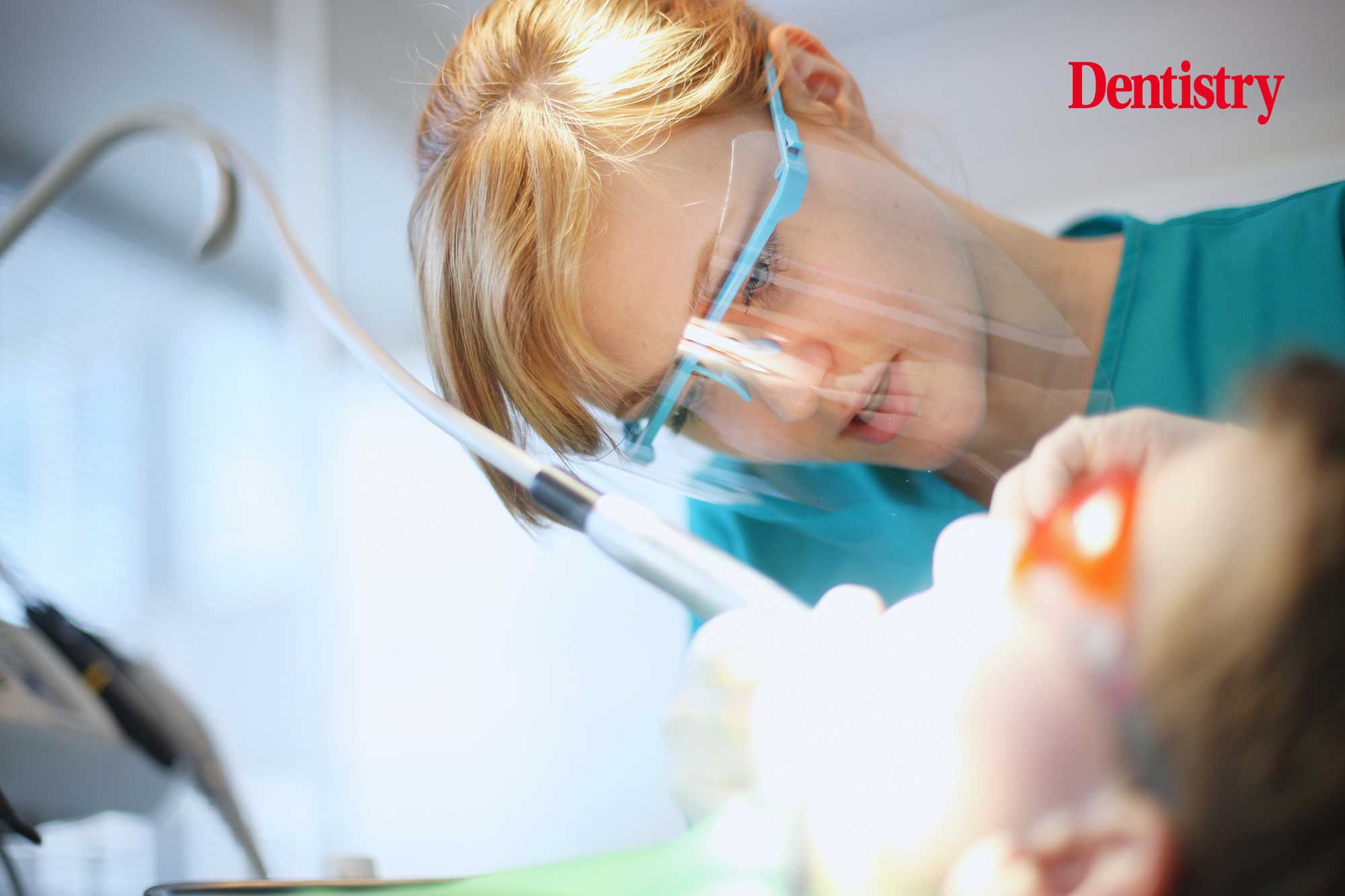
With Prime Minister Rishi Sunak highlighting dental therapists as key to the UK’s dental access issues, we hear from Miranda Steeples, president of the BSDHT, about what this means for the profession.
Access to dental care, and the attainment of oral health, is critical for our overall health. Yet millions of people in the UK lack dental treatment.
Dental therapists, with their particular training and expertise, have emerged as a viable solution to bridge the gap and improve access to dental care.
So much so that, despite being incorrectly briefed on their exact title, Prime Minister Rishi Sunak highlighted dental therapists as key to dental reform when unveiling the 15-year NHS Long Term Workforce Plan at the end of June.
‘In the first instance, I am delighted to see dentistry highlighted as part of the Long Term Plan,’ said Miranda Steeples, president of the BSDHT.
‘If we compare this to the NHS Long Term Plan in 2019, dentistry was not mentioned at all, even when this plan was supposed to focus on prevention.
‘It is no mean feat that dentistry has been considered in this document. And that money is promised to go towards training more dentists, dental therapists and dental hygienists.
‘I hope that the dental schools, especially the Dental Schools Council, will be consulted about how this is expected to work with regards to dental school staffing and infrastructure on clinics.’
The access crisis
Limited access to dental care in the UK is disproportionately affecting vulnerable populations. Specifically, low-income individuals, children, and the elderly are most acutely impacted.
Dental therapists have gained recognition in recent months, with some key opinion leaders describing the role as a cost-effective and practical solution to address the access crisis.
However, it is this perception that has many concerned health leaders are just attempting to cut corners, offering NHS dentistry at a cheaper rate to the government – to the detriment of those working within the profession.
‘What is missed in the NHS Long Term Workforce Plan is a need to increase numbers of dental nurses to support these clinicians,’ says Miranda.
‘Otherwise, dental therapists will not be able to carry out the work being asked of them. The dental nursing profession needs support as well.
‘Not to mention dental technicians – their numbers are falling.
‘And if there are not enough dental technicians working in dental laboratories, who will make the NHS work for all the additional dentists?’
The access crisis
Despite emphasising their importance, Rishi Sunak forgot dental therapist’s title, describing them as ‘therapists or dental’. During his speech he promised to increase training for dental hygienist and therapists by more than 500 by 2031/32.
‘Much has been made of the prime minister getting our name, or professional title, wrong in the press conference,’ Miranda highlighted.
‘But this is distracting from more important matters.
‘If we as professionals cannot get this right – if, in common parlance, or on conference delegate name badges – our full correct title is not used, then how can we expect those outside of dentistry to not simply call us “therapists”?
‘The BSDHT has done a lot of work in recent time around using correct titles. We believe this is essential moving forward.’
Evidence of success
Numerous studies have demonstrated the effectiveness of dental therapists in improving access to care.
Countries such as New Zealand and Australia, where dental therapists have been integrated into the dental workforce for decades, access to care has significantly improved.
Additionally, the American Dental Association (ADA) and the World Health Organisation (WHO) have recognised the value of dental therapists. Now, they advocate for their expanded role in the delivery of oral healthcare.
However, it is essential dental therapist’s skills are utilised effectively with an integrated dental practice setting. And Miranda believes involving dental hygienists and therapists in the discussions moving forward is the only way to manage this properly.
‘There was a comment from the Prime Minister: “We expect them to do more dental work”,’ Miranda said.
‘As in dental therapists may take on more of the workload in NHS dentistry, as per the recent contract amendments.
‘This is both pleasing and disappointing; direct access has been possible for the last 10 years for dental hygienists and dental therapists, but only recently within the NHS.’
Cross the finish line
She added: ‘Now that there is an exodus of dentists who want to do this work, decisions have been taken about dental therapists and what we can or want to do. But all without our consent or input.
‘Why would we want to work in a system without being in receipt of the benefits that are offered to dentists? And of benefits that are insufficient to keep dentists in that system?
‘The barrier still persists with the issue of exemptions and PGDs for the use of high strength fluoride products and local anaesthetics.
‘Maybe this plan, or the Dentistry Recovery Plan, will help move this work along so it can finally cross the finish line and support proposals.’
Follow Dentistry.co.uk on Instagram to keep up with all the latest dental news and trends.


